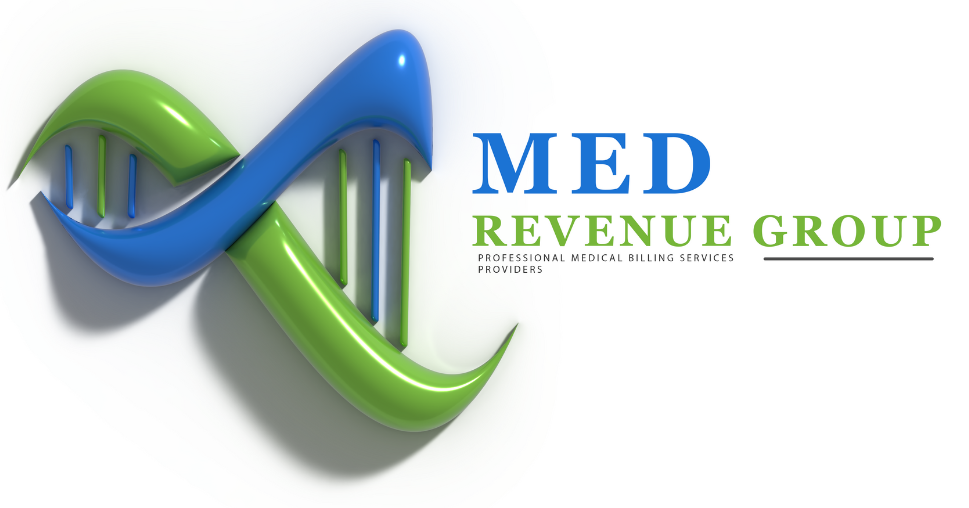
Medical Coding in 2025: Navigating the Future with AI, Compliance, and Efficiency
In the ever-evolving landscape of healthcare, medical coding stands as a cornerstone, translating complex medical procedures and diagnoses into standardized codes. As we progress through 2025, several key trends are shaping the future of medical coding, ensuring accuracy, compliance, and efficiency in the healthcare revenue cycle.
1. Embracing Artificial Intelligence and Automation
The integration of Artificial Intelligence (AI) and automation is revolutionizing medical coding. AI-powered tools, such as Generative AI assistants, are enhancing the accuracy and speed of code assignment by analyzing clinical documentation and suggesting appropriate codes. These advancements not only reduce human error but also free up valuable time for healthcare professionals to focus on patient care.(codingbillingsolutions.com)
2. Transitioning to Value-Based Care Models
The shift from fee-for-service to value-based care models emphasizes the quality of care over the quantity of services provided. This transition requires precise and comprehensive coding to accurately reflect patient outcomes and ensure appropriate reimbursement. Medical coders must stay abreast of evolving guidelines and quality measures to support this paradigm shift effectively.(FindACode)
3. Enhancing Compliance and Data Security
With increasing regulatory scrutiny, compliance in medical coding is more critical than ever. Ensuring adherence to coding standards and protecting patient data are paramount. Implementing robust compliance programs and utilizing secure coding platforms help mitigate risks and maintain the integrity of healthcare data.
4. Integrating Telehealth Services
The expansion of telehealth services necessitates updates in coding practices to accommodate virtual consultations and remote patient monitoring. Staying informed about new codes and billing guidelines for telehealth ensures accurate reimbursement and reflects the growing role of digital health in patient care.(codingbillingsolutions.com)
5. Leveraging Big Data and Analytics
The utilization of big data and analytics in medical coding enables healthcare organizations to identify trends, monitor performance, and make informed decisions. Analyzing coding data helps in optimizing revenue cycles, improving patient outcomes, and enhancing overall operational efficiency.
Conclusion
As we navigate through 2025, medical coding continues to evolve, driven by technological advancements and changing healthcare models. Embracing AI, ensuring compliance, adapting to telehealth, and leveraging data analytics are essential steps in modernizing medical coding practices. By staying informed and adaptable, healthcare providers can ensure accurate coding, optimize reimbursements, and ultimately, deliver better patient care.

